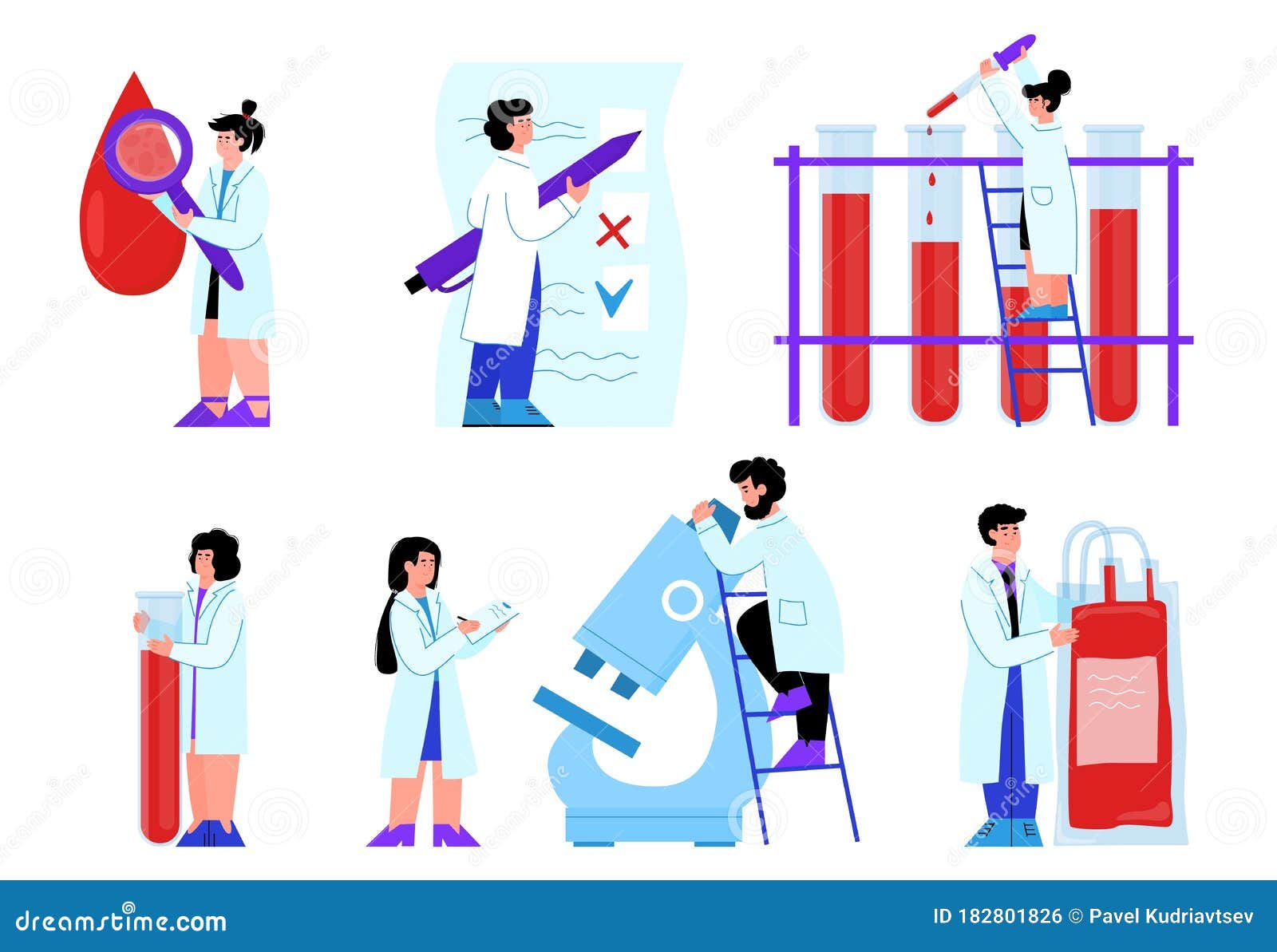Maintaining your pet’s well-being ensures they live their best life. Veterinary laboratories provide essential diagnostic support for companion animals.
In this guide, we’ll examine how veterinary labs work, their key services, and why these labs are invaluable for your pets’ health.
Understanding the Role of Veterinary Testing Centers
Diagnostic services for pets offer testing for various health issues in cats and dogs. These labs aid vets to monitor health conditions.

Their operations usually starts with:
- Obtaining biological samples: Key biological materials are retrieved during vet visits.
- Laboratory analysis: Modern technology analyze the samples.
- Understanding the data: The lab provides detailed reports to the veterinarian for custom care strategies.
Common Veterinary Tests for Pets
Pet labs offer a variety of tests to detect potential problems. Important assessments include:
- Biochemical analyses: Identify infections.
- Bladder health evaluations: Check for diabetes.
- Fecal examinations: Evaluate gut health.
- laboratorio de exames animaislaboratórios farmacêuticos veterinários
- Allergy testing: Pinpoint allergic reactions.
- X-rays and ultrasounds: Spot tumors.
The Benefits of Veterinary Diagnostics
Routine diagnostic testing is critical to managing chronic conditions. Timely diagnosis ensures effective care.

The main advantages include:
- Effective treatment plans: Customized solutions for your pet’s needs.
- Reduced worries about pet wellness: Stay informed about their health.
- Lower medical bills: Save money by staying ahead of problems.
Conclusion: Prioritizing Pet Health with Veterinary Labs
Using veterinary labs for your furry companions ensures their longevity. Veterinary labs work as an extension of your vet’s expertise to create personalized care plans.
Make lab testing part of your pet’s health plan to help them live a long, happy life!
Comments on “Veterinary Laboratories: Protecting the Health of Dogs and Cats”